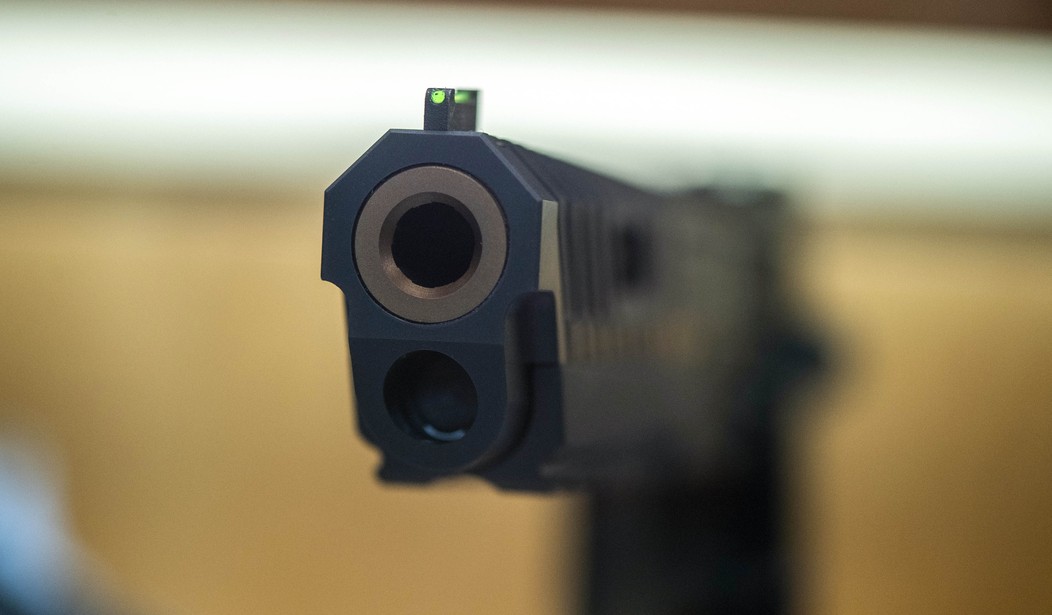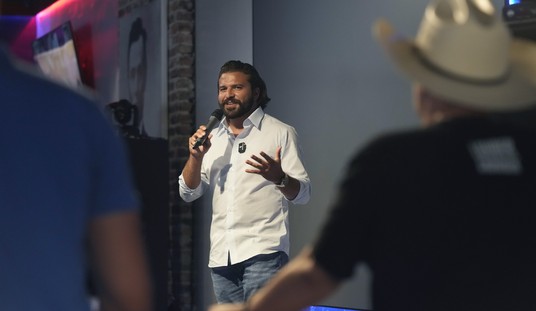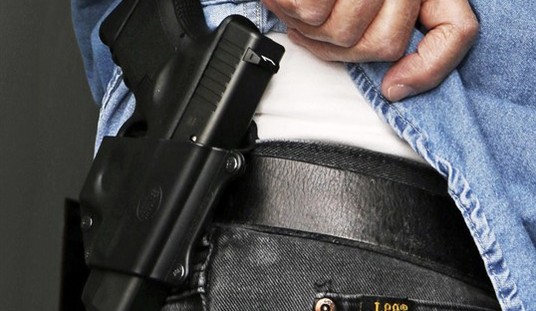Artificial intelligence, as we currently use the term, isn't really. It's more automated machine learning, which is still pretty cool and gets us a step closer to actual artificial intelligence.
Yes, I'm a science fiction nerd so the differences actually matter to me.
As we currently see it, AI is being applied everywhere and seemingly to all walks of life. For example, every new technology seems to be touting some level of AI in its software, as if you need artificial intelligence to help you make coffee or operate your refrigerator or whatever.
Yet there are companies out there who make gun detection systems, ostensibly for places like schools or other gun-free zones, that say they're using AI to help them and our tax dollars may soon be going to fund it.
Kansas could soon offer up to $5 million in grants for schools to outfit surveillance cameras with artificial intelligence systems that can spot people carrying guns. But the governor needs to approve the expenditures and the schools must meet some very specific criteria.
The AI software must be patented, “designated as qualified anti-terrorism technology,” in compliance with certain security industry standards, already in use in at least 30 states and capable of detecting “three broad firearm classifications with a minimum of 300 subclassifications” and “at least 2,000 permutations,” among other things.
Only one company currently meets all those criteria: the same organization that touted them to Kansas lawmakers crafting the state budget. That company, ZeroEyes, is a rapidly growing firm founded by military veterans after the fatal shooting at Marjory Stoneman Douglas High School in Florida.
The legislation pending before Kansas Gov. Laura Kelly highlights two things. After numerous high-profile shootings, school security has become a multibillion-dollar industry. And in state capitols, some companies are successfully persuading policymakers to write their particular corporate solutions into state law.
ZeroEyes also appears to be the only firm qualified for state firearms detection programs under laws enacted last year in Michigan and Utah, bills passed earlier this year in Florida and Iowa and legislation proposed in Colorado, Louisiana and Wisconsin.
On Friday, Missouri became the latest state to pass legislation geared toward ZeroEyes, offering $2.5 million in matching grants for schools to buy firearms detection software designated as “qualified anti-terrorism technology.”
“We’re not paying legislators to write us into their bills,” ZeroEyes co-founder and Chief Revenue Officer Sam Alaimo said. But “if they’re doing that, it means I think they’re doing their homework, and they’re making sure they’re getting a vetted technology.”
Now, AI is cool and all, but I have major concerns that aren't alleviated by being "qualified anti-terrorism technology."
Namely, we have some of the biggest tech companies in the world working on what's currently termed "AI" and it can't even get the races of the Founding Fathers correct despite mountains of evidence of what they actually looked like or even present the reasons against gun control despite a plethora of information don't he internet.
The issue being described here is that ZeroEyes may be doing some shady stuff to make sure they're the only game in town for these states, with concerned schools having no choice but to either use them or not use the grant money at all.
But there are actual concerns about using AI at all.
Other AI-gun detection systems have failed, for example, and while ZeroEyes isn't filling the news with evidence they have as well, we also don't know how many times they might have.
After all, a lot of people, even people who are carrying where they shouldn't, aren't exactly planning the next Columbine. We simply can't tell how many times those people have skirted through AI-gun detection. It could be zero. It could be hundreds.
Any new technology is going to have teething problems, and what people call AI today is certainly having some. Most of it seems to be a case of garbage in, garbage out.
ZeroEyes has some benefits, which I've talked about before, all assuming it works as advertised. But before states start creating grants that only benefit ZeroEyes, someone needs to prove it works beyond a shadow of a doubt, and I'm not sure anyone actually has.








Join the conversation as a VIP Member